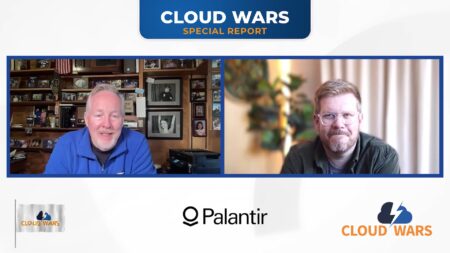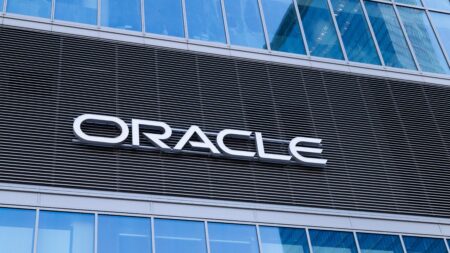Overall, Ignite 2025 positions Microsoft not just as a tool provider but as a platform orchestrator for an intelligent, scalable, and compliant AI enterprise.
interoperability
In this interview, Palantir’s Chad Wahlquist articulates how their AI platform (AIP) is not just another product but an operating system for enterprise business, enabling global optimization across supply chain, inventory, demand, rather than local point solutions.
Data.world acquisition, partnerships with key enteprise software players, and wide range of new AI agents enhance the company’s objective to be the core enterprise software platform.
Microsoft brings Agent2Agent (A2A) to Azure AI Foundry and Copilot Studio, accelerating the era of agentic AI through open protocol interoperability.
ServiceNow unveils powerful tools to unify AI agents, workflows, and data across platforms at Knowledge25.
ServiceNow continues aggressive push, working with partners to develop specializations that will help customers drive results leveraging the latest AI technology.
By combining Microsoft Copilot and ServiceNow AI agents, the two companies aim to drive automation and simplify business processes across the enterprise.
Oracle’s Larry Ellison announces plans to create a true multi-cloud future, interconnecting with major cloud providers like Salesforce to meet customer demand for seamless cloud integration and freedom of choice.
Through the effective use of social determinants of health (SDOH) data, the healthcare industry can work toward improved health outcomes and greater health equity.
Universal access to healthcare information – including patient records – is still one of the healthcare industry’s biggest pain points. There are important advances taking place, however.
There’s a lot of complexity that goes into managing different cloud services. Here’s what you need to know before embarking away from a single cloud setup.
Healthcare cloud adoption introduces benefits including more open data sharing for streamlined research and financial operations.
The considerable benefits of multi-cloud architecture must be weighed against challenges like complexity and governance.
Multi-cloud provides flexibility, scalability, and cost efficiency, but securing this architecture requires a comprehensive approach. Frank Domizio explains.
Interoperability enables services, platforms, and technologies to mesh together, which benefits customers. Kieron Allen discusses why this notion will emerge in the business ecosystem.
In episode 195 of My Metaverse Minute, Kieron says that creating an integral interoperability standard around working use cases is the only way forward.
Cisco Webex rolled out new products and partnerships last week. It’s working with Microsoft and Apple to increase interoperability of meeting platforms.
From interoperability and immutability to security and sustainability, there are many myths around standardized virtual spaces in the Metaverse. Kieron clarifies what’s fact and what’s fiction.
From virtual buffet cars to rocket ships, multi-world Metaverse travel opportunities are wide-ranging and mind-blowing, writes Kieron Allen.
In this episode, Bob Evans discusses Larry Ellison’s turn-of-phrase — the “internet of clouds” — which was introduced at Oracle CloudWorld and refers to the multi-cloud phenomenon.




















